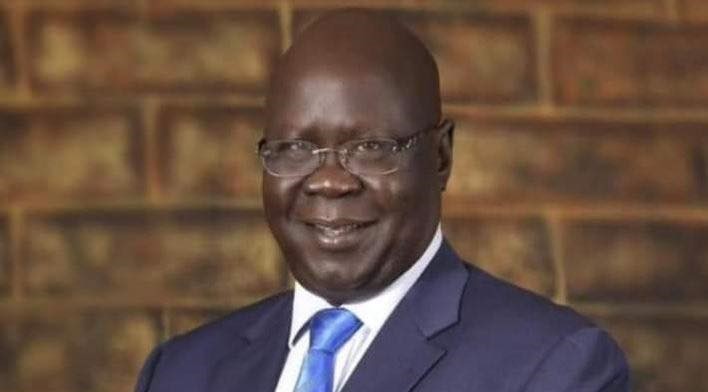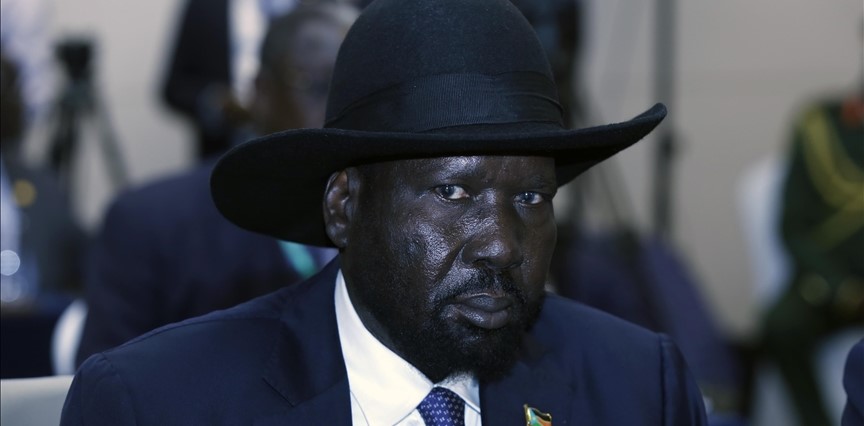South Sudan’s President Salva Kiir Mayardit on Monday night confirmed Gen. Charles Chiec Mayor as the new Director General of the Internal Security Bureau of the National Security Service (NSS).
The appointment, announced on state-run media, comes after Gen. Chiec served as acting director general for a week, following the dismissal of his predecessor, Akec Tong Aleu, on 10 February 2025.
Gen. Chiec previously held the position of Deputy Director General for Administration and Finance within the NSS. His promotion marks the third leadership change in the intelligence agency since South Sudan gained independence in 2011.

The NSS is one of the country’s most powerful security institutions, wielding extensive authority, including the ability to arrest individuals without a warrant.
The agency has faced criticism for its alleged crackdowns on opposition figures, activists, and journalists, including waves of arbitrary arrests and other reported abuses. The NSS has consistently denied these allegations.
In another decree, President Kiir appointed Lt. Gen. Chol Agoth Deng as the new Deputy Director General for Administration and Finance of the Internal Security Bureau.
The president also reshuffled key positions within his office, removing Lily Adhieu Martin Manyiel as Press Secretary and replacing her with David Amuor Majur.
Mr. Amuor was serving as the Head of Public Relations at the Embassy of South Sudan in Uganda before his appointment as Press Secretary in the President’s Office.
Lily Adhieu, who had served in the role of the press secretary since 6 August 2022, was subsequently appointed as a Grade Two ambassador and posted to Ethiopia as South Sudan’s envoy.
Analysts suggest that these changes, which include the recent removal of Kiir’s longest-serving vice president, Dr. James Wani Igga, are part of a broader strategy to consolidate power ahead of long-delayed elections scheduled for December 2026.
South Sudan has not held a national election since its independence in 2011.
The country has been formally at peace since a 2018 agreement ended a five-year civil war that claimed hundreds of thousands of lives. However, political tensions remain high as the nation prepares for its first post-independence elections.




